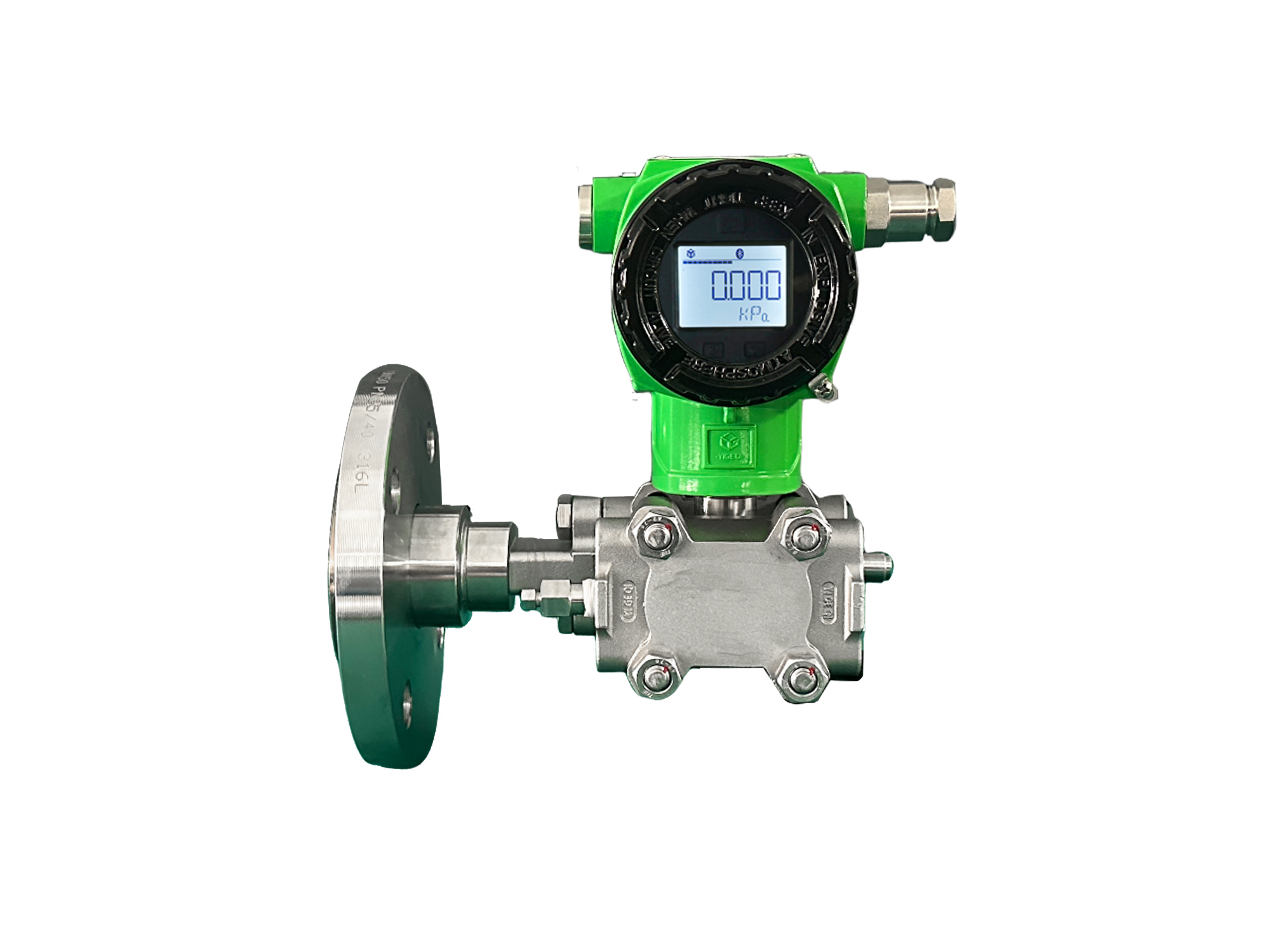The PFA side-mounted flange level transmitter is widely used in the chemical, petroleum, and pharmaceutical industries. It is primarily used to measure the liquid levels inside storage tanks, reactors, and other vessels. To ensure measurement accuracy and equipment safety, its installation and use must follow the specified procedures. Yigeqi has summarized the installation methods and steps to ensure these requirements are met.

Preparations before installation
1. Check the integrity of the equipment
Confirm that the transmitter appearance is not damaged, flange, gasket and other accessories are complete.
Check whether the model, range and medium compatibility meet the working conditions.
2. Select the installation location
Priority should be given to the position where the side wall of the container is stable and there is no violent vibration.
Ensure that the flange interface matches the container flange.
Installation steps
1. Shut down the system and empty the medium
Stop the relevant process, empty the medium in the container to ensure safe operation.
2. Install flange connection
Align the transmitter flange with the container flange and insert a sealing gasket (such as a PTFE gasket).
Tighten bolts evenly to avoid leakage caused by unilateral force.
3. Wiring
Usually includes power cord (24V DC) and signal output cable (420mA).
Ensure that the terminal is secure to avoid short circuit or poor contact.
Debugging and calibration
1. Power-on test
Connect the power supply and observe whether the transmitter indicator light is normal.
Use a multimeter to check whether the output signal is within the initial range.
2. Zero and range calibration
Calibration can be performed by adjusting the button on the transmitter or using the accompanying software.
Refer to the actual liquid level adjustment transmitter output signal.
3. Sealing inspection
After restoring the medium, check whether there is leakage at the flange connection and retighten if necessary.
Daily use and maintenance
1. Regular inspection
Observe the stability of the signal and check the sealing of the flange.
2. Cleaning and protection
Clean the sensor contact parts regularly to avoid scaling or adhesion affecting the measurement.
In corrosive environments, check that the lining (such as PTFE) is intact.
3. Long-term disuse treatment
Empty the medium and disconnect the power supply to avoid the sensor contact with corrosive liquid for a long time.
Proper installation and maintenance of PFA side-mounted flange level transmitter can effectively extend its service life and enhance the reliability of measurement, thus providing a stable support for industrial automation control.


